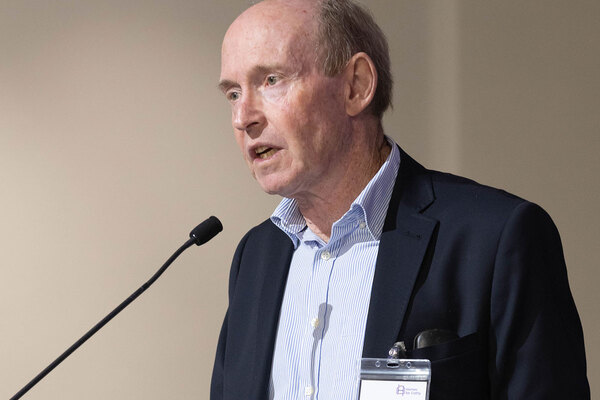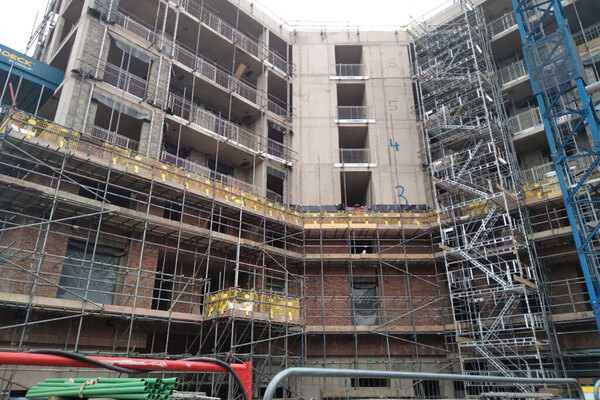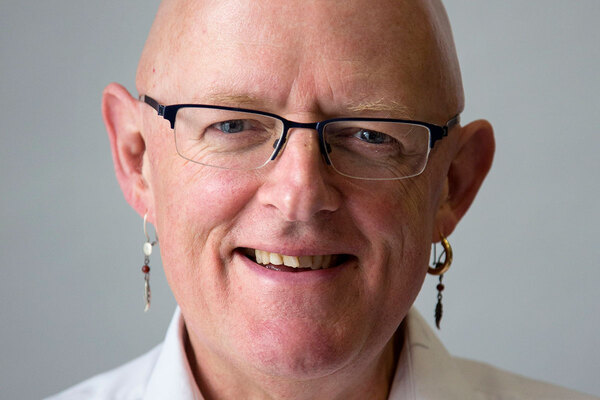You are viewing 1 of your 1 free articles

Kate Henderson is chief executive of the National Housing Federation
Housing associations sharing their EDI data will help us improve diversity strategy across the sector
Understanding the housing workforce’s equality, diversity and inclusion data makes it clear where we need to action change, writes Kate Henderson, chief executive of the National Housing Federation
In 2021, for the first time, our equality, diversity and inclusion (EDI) data tool produced a national picture of the social housing sector’s workforce diversity, compared with the location of their homes. The tool was created to provide housing associations with the knowledge to create effective EDI strategies, make targeted changes and monitor their progress over time.
We were delighted to see the sector embrace the project, with over 170 housing associations submitting their data to be included in our report. This incredible response meant that 71% of homes owned by housing associations in England were represented in our findings.
The results clearly showed there was work to be done to make sure workforces represent the communities they serve. There was a lack of representation for disabled people across all levels in the sector, an underrepresentation of younger people, and executive teams that were not as ethnically diverse as staff. Women were also underrepresented at board and executive-team level.
The diversity of the sector was the focus of several recommendations in the Better Social Housing Review, an independent report into the quality of housing association homes and services that was published last year.
The review highlighted the need for our sector to tackle structural inequalities, particularly racial inequality, after finding that outcomes for Black, Asian and minority ethnic people in social housing are worse than for their white British counterparts.
Last month, alongside the Chartered Institute of Housing, we published an action plan in response to the review. The need for greater equality, diversity and inclusion, to ensure housing associations drive meaningful change for all residents, was embedded throughout.
We are in the process of collecting data for the 2023 EDI data tool. This will not only give a snapshot of what the sector looks like in 2023, but will be the first time we are able to track the sector’s journey (this time over the past two years). We have also been able to update the toolkit with the most recent Census results, published last June, meaning we have the most accurate data available and information about an even larger number of groups.
For the first time, we have a breakdown of the population by gender identity and sexuality, which has allowed us to separate sex and gender identity in our own data collection. This will allow housing associations to better understand the diverse communities in which they work, and ensure they represent and serve all within them.
However, the success of the data tool relies on housing associations surveying their own workforces and sharing their data with us. Every housing association that takes part is contributing to creating a national picture that will help us to understand collectively where we are, and where we need to do more.
On an individual organisation level, the sooner housing associations across the sector join us on this journey, the sooner they can action meaningful change and track their own progress.
We have extended the deadline for housing associations to submit their data to 16 June, to ensure that all who want to take part can contribute to the project. It doesn’t matter if you don’t have the data for every section of the EDI tool, you can send us what you are able to measure.
I know that colleagues across the sector are committed to this important work. Lasting progress can only be made when we work together to engage, measure and act. Contributing to this vital research provides housing associations with the opportunity to do exactly that.
Kate Henderson is the chief executive of the National Housing Federation
Sign up for our daily newsletter
Already have an account? Click here to manage your newsletters












